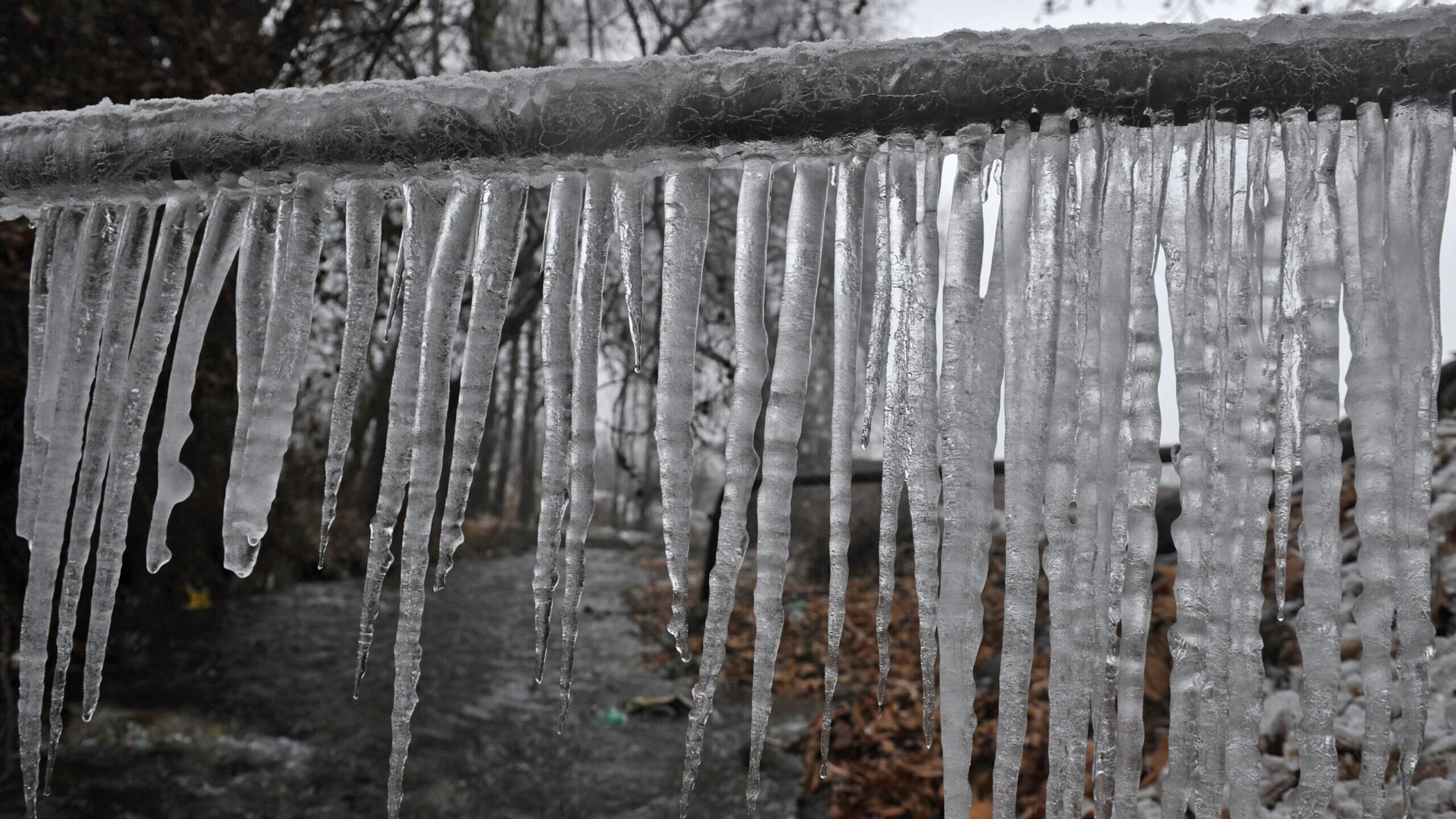Just about every person maintains their private idea about How To Avoid Freezing Pipes.

Cold weather can wreak havoc on your pipes, specifically by freezing pipelines. Right here's how to avoid it from happening and what to do if it does.
Introduction
As temperatures drop, the threat of frozen pipes boosts, potentially bring about expensive fixings and water damage. Understanding exactly how to prevent frozen pipelines is critical for home owners in cold climates.
Prevention Tips
Shielding prone pipelines
Wrap pipelines in insulation sleeves or utilize heat tape to protect them from freezing temperature levels. Concentrate on pipelines in unheated or exterior areas of the home.
Heating techniques
Keep indoor rooms effectively heated, particularly locations with pipes. Open up cabinet doors to permit warm air to distribute around pipelines under sinks.
Exactly how to determine frozen pipes
Seek decreased water flow from taps, unusual smells or noises from pipelines, and visible frost on subjected pipes.
Long-Term Solutions
Architectural adjustments
Take into consideration rerouting pipelines far from exterior wall surfaces or unheated areas. Add additional insulation to attics, cellars, and crawl spaces.
Updating insulation
Invest in high-quality insulation for pipelines, attics, and walls. Correct insulation aids preserve consistent temperature levels and minimizes the risk of frozen pipes.
Safeguarding Exterior Pipes
Yard pipes and outdoor taps
Disconnect and drain pipes garden pipes before winter months. Mount frost-proof faucets or cover outside taps with shielded caps.
Recognizing Frozen Pipes
What creates pipes to freeze?
Pipes ice up when exposed to temperatures below 32 ° F (0 ° C) for prolonged periods. As water inside the pipelines ices up, it broadens, putting pressure on the pipeline walls and possibly creating them to rupture.
Risks and damages
Frozen pipelines can result in water supply disruptions, building damage, and costly repairs. Burst pipelines can flooding homes and create comprehensive structural damage.
Signs of Frozen Water Lines
Determining frozen pipelines early can avoid them from bursting.
What to Do If Your Pipelines Freeze
Immediate actions to take
If you believe frozen pipelines, keep faucets open up to soothe pressure as the ice thaws. Make use of a hairdryer or towels soaked in warm water to thaw pipes gradually.
Conclusion
Avoiding icy pipelines requires aggressive measures and quick responses. By understanding the reasons, indications, and safety nets, homeowners can safeguard their plumbing during winter.
Helpful Tips to Prevent Frozen Pipes this Winter
UNDERSTANDING THE BASICS: WHY PIPES FREEZE AND WHY IT’S A PROBLEM
Water freezing inside pipes is common during the winter months, but understanding why pipes freeze, and the potential problems it can cause is crucial in preventing such incidents. This section will delve into the basics of why pipes freeze and the associated problems that may arise.
THE SCIENCE BEHIND FROZEN PIPES
When water reaches freezing temperatures, it undergoes a physical transformation and solidifies into ice. This expansion of water as it freezes is the primary reason pipes can burst. As the water inside the pipe freezes, it expands, creating immense pressure on the walls. If the pressure becomes too great, the pipe can crack or rupture, leading to leaks and water damage.
FACTORS THAT CONTRIBUTE TO PIPE FREEZING
Low Temperatures: Extremely cold weather, especially below freezing, increases the risk of pipes freezing. Uninsulated or Poorly Insulated Pipes: Pipes located in unheated areas, such as basements, crawl spaces, or attics, are more prone to freezing. Insufficient insulation or lack of insulation altogether exacerbates the problem. Exterior Wall Exposure: Pipes running along exterior walls are susceptible to freezing as they encounter colder temperatures outside. Lack of Heating or Temperature Regulation: Inadequate heating or inconsistent temperature control in your home can contribute to frozen pipes. PROBLEMS CAUSED BY FROZEN PIPES
- Pipe Bursting: As mentioned earlier, the expansion of water as it freezes can cause pipes to burst, resulting in significant water damage.
- Water Damage: When pipes burst, it can lead to flooding and water damage to your property, including walls, ceilings, flooring, and personal belongings.
- Structural Damage: Prolonged exposure to water from burst pipes can compromise the structural integrity of your home, leading to costly repairs.
- Mold and Mildew Growth: Excess moisture from water damage can create a favorable environment for mold and mildew growth, posing health risks to occupants.
- Disrupted Water Supply: Frozen pipes can also result in a complete or partial loss of water supply until the issue is resolved.
WHY CERTAIN PIPES ARE MORE PRONE TO FREEZING
- Location: Pipes located in unheated or poorly insulated areas, such as basements, crawl spaces, attics, or exterior walls, are at higher risk of freezing.
- Exterior Pipes: Outdoor pipes, such as those used for irrigation or exposed plumbing, are particularly vulnerable to freezing as they are directly exposed to the elements.
- Supply Lines: Pipes that carry water from the main water supply into your home, including the main water line, are critical to protect as freezing in these lines can affect your entire plumbing system.
- Underground Pipes: Pipes buried underground, such as those connected to sprinkler systems or outdoor faucets, can be susceptible to freezing if not properly insulated.
https://busybusy.com/blog/helpful-tips-to-prevent-frozen-pipes-this-winter/

We hope you enjoyed reading our topic on 6 Ways to Prevent Frozen Pipes. Thanks for spending some time to read through our posting. Sharing is caring. Helping others is fun. Thank you for going through it.
Book Services